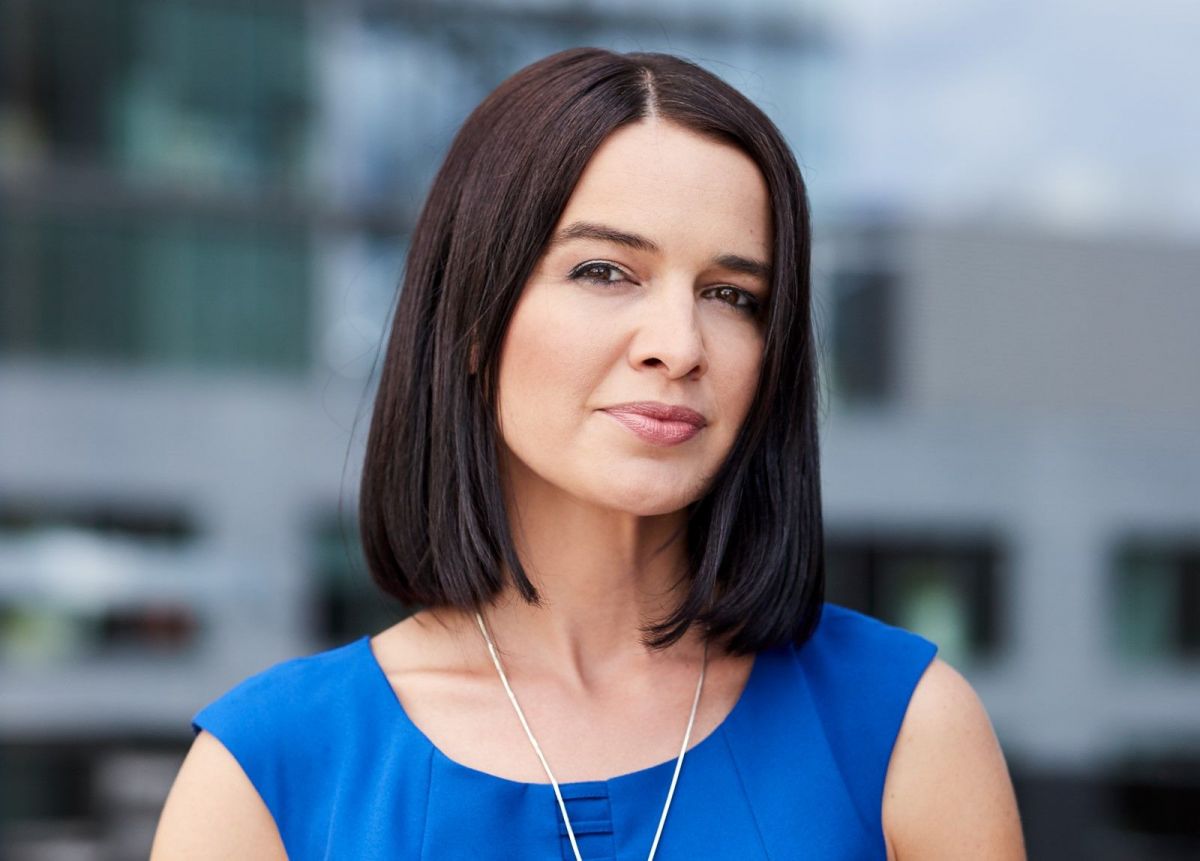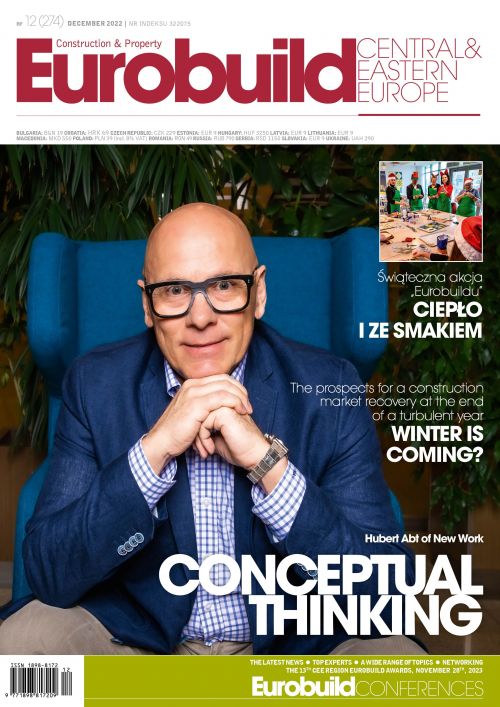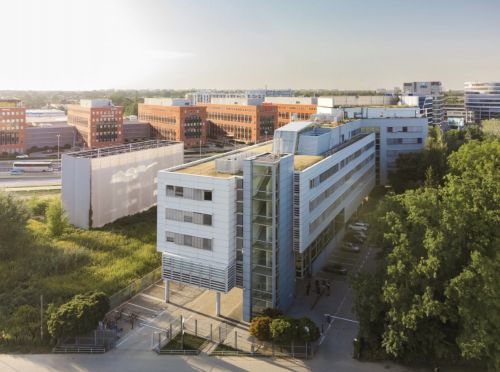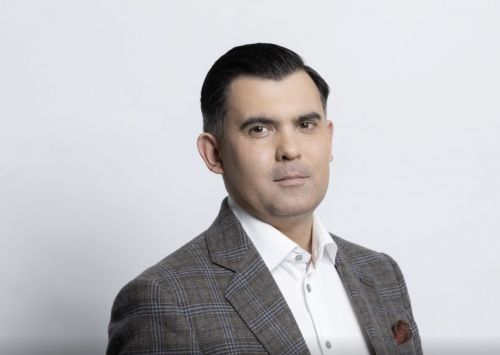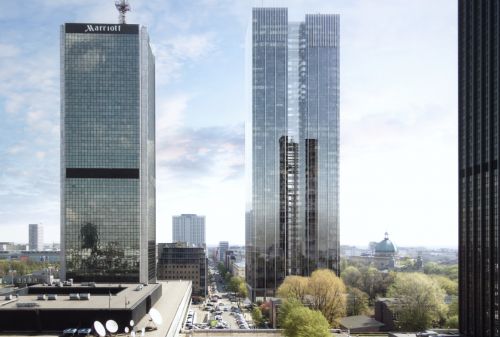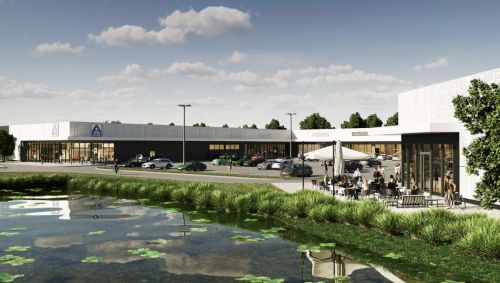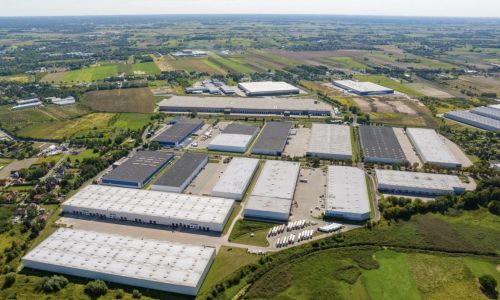According to the ‘Polish CEP Report 2022’ recently published by Last Mile Experts, 7R and Cushman & Wakefield, the CEP sector will maintain double-digit growth in 2021–2023 in terms of both volume (14.1 pct) and value (19.9 pct).
Among the factors having the greatest impact on the development of the last-mile delivery segment in Poland is the rapid growth of the country’s e-commerce sector, which has become one of the key shopping channels for consumers. Currently, almost a fifth of Poles buy all non-food products online, and due to the current economic turmoil and the deteriorating economy, as many as 31 pct of respondents intend to shop exclusively online in the future. This change in consumer attitudes has also been accompanied by an increase in the turnovers of e-shops and online retailers, who have been reporting higher revenues and breaking new sales volume records year after year. Their sales for 2021 exceeded PLN 100 bln with a compound annual growt
